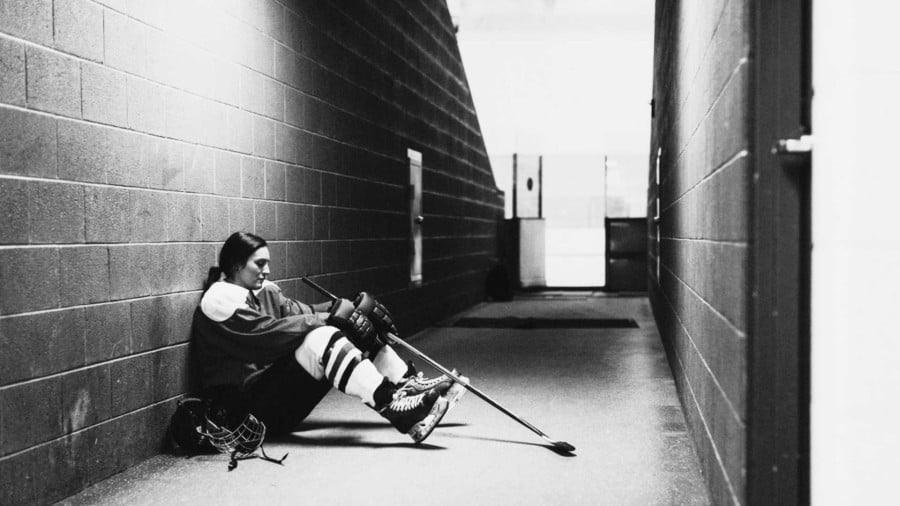Why Rule 50 still isn’t working for athletes - Beijing 2022 Olympic Winter Games

Despite the opportunity to make a positive legal change to protect the human rights of athletes at the Olympic Games, the International Olympic Committee’s failure to embed human rights into the Olympic Charter now means athletes at the 2022 Winter Olympic and Paralympic Games in Beijing are facing even more severe restrictions to their freedom of expression rights.
For several years leading into the rescheduled Tokyo Olympic and Paralympic Games the International Olympic Committee (IOC), in cooperation with the IOC Athletes Commission, completed athlete surveys that built on several iterations of guidelines starting in 2014.
The newest guidelines published ahead of Tokyo and mirrored for Beijing guidelines appear to purposefully confuse the situation. They use words like “international human rights” and “due process,” out of context, failing to get to the heart of the problem, and therefore in my opinion the IOC’s approach is fatally flawed.
As I have stated before, the key problem with Rule 50.2 is that it “continues to deny athletes their inalienable human right to free expression on the podium and in the opening and closing ceremonies; critical moments where live TV cannot edit minority views.”[1] I believe it should not be left to organisations like the IOC to make up reasons to curtail free expression, it should only be done in certain justified and limited exceptions as outlined in international rules. The political “neutrality of sport” is not a reason to violate the human rights of Olympic athletes.
In addition, athletes add to Beijing are at even greater risk. By failing to clearly protect the human rights of athletes in the Olympic Charter, the IOC has exposed athletes to Chinese authorities, known to restrict freedom of expression[2] and whom in January 2022 directly threatened athletes from speaking out at the Winter Olympics[3].
I originally wrote about this in an article in August 2020, which examined the difficulty in reconciling the objectives of the IOC and Rule 50 of the Olympic Charter, with athletes fundamental human right to freedom of expression at the Olympic Games.[4] A number of recommendations were made to resolve the issues the article presented. The IOC appears to have attempted to implement some of them through amending guidelines, however, the result is further confusion. Therefore, it is important to reiterate several recommendations that if adopted, would greatly improve the IOC’s rules and ensure the human rights of athletes are prioritised and protected.
To continue reading or watching login or register here
Already a member? Sign in
Get access to all of the expert analysis and commentary at LawInSport including articles, webinars, conference videos and podcast transcripts. Find out more here.
- Tags: Athlete Rights | Athlete Welfare | Beijing 2022 Olympic Winter Games | Freedom of Expression | Governance | Human Rights | IOC | Regulation | Rule 50
Related Articles
- How competition law is shaping Olympic sponsorship: Part 1 – the origins and evolution of Rule 40
- How competition law is shaping Olympic sponsorship: Part 2 – Germany's Competition Authority helps ease restrictions on athletes
- Athlete activism demands systemic change - not just words and applause
- A Summary Of 2021’s Key Sports Law Cases From The CAS & SFT
- Can Sports Federations Retroactively Cancel Olympic Qualifying Competitions? A Review Of Karlsson V FEI
- Beijing 2022: What are the travel and Covid-19 rules for the Olympic Winter Games?
Written by
Nikki Dryden
Nikki is a two-time Olympic swimmer from Canada and a human-rights and immigration attorney in New York. She competed at the 1992 and 1996 Olympic Games, with a top finish of 6th place, and covered the 2004 and 2008 Olympics for SwimNews Magazine. She has a BA in International Relations from Brown University and a J.D. from Brooklyn Law School.

 Global Summit 2024
Global Summit 2024